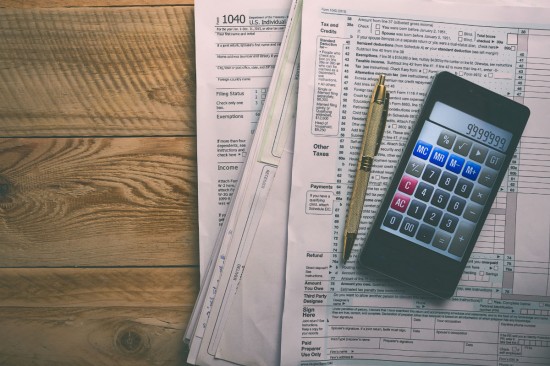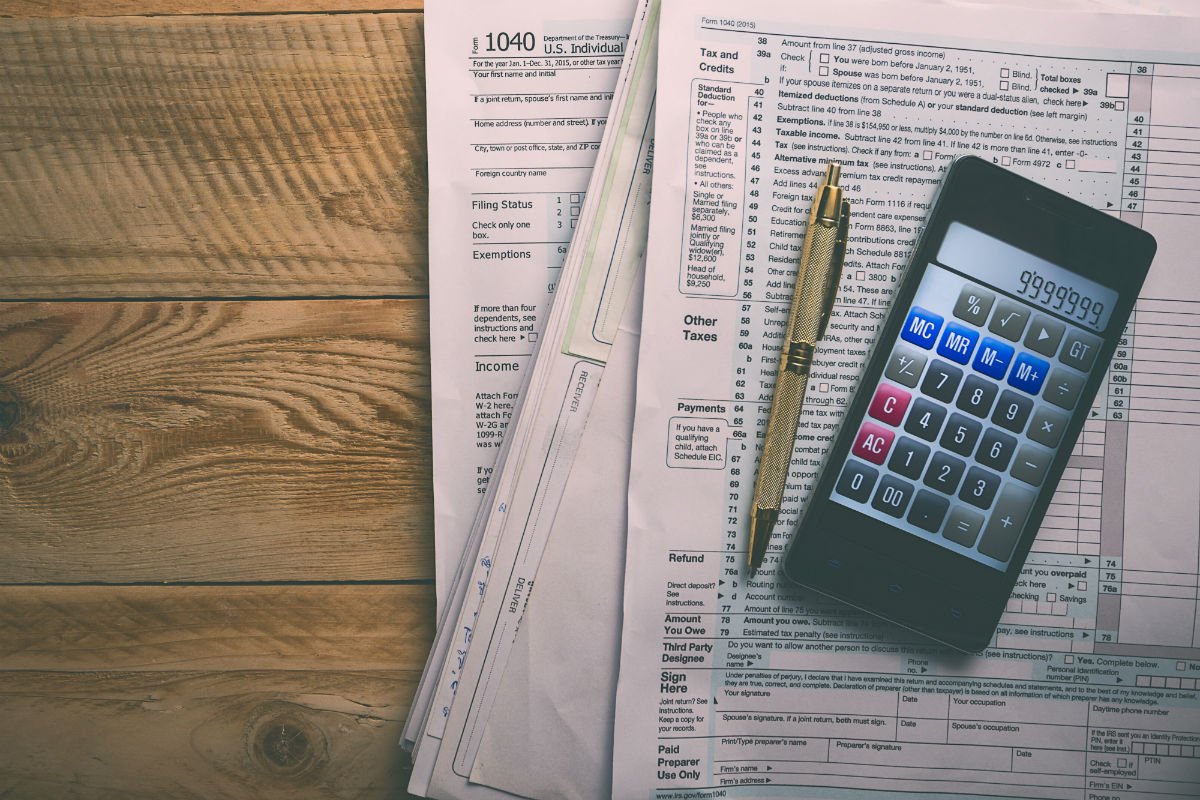
No one looks forward to tax season—not even accountants like Kendall Coleman. A partner at the CST Group, Coleman usually maintains a 70-hour work week for 10 consecutive weeks this time of year.
“The majority of your work is done in that 2 1/2-month window, and it’s not something that you look forward to, but it’s like a rite of passage,” Coleman, who typically works with individuals bringing in mid- to high-end incomes and business owners, says.
But not everyone needs to add their names to a CPA’s already jam-packed to-do list in order to successfully file their tax returns.
“If you have a pretty straightforward job, W-2, have a mortgage and give a little bit to charity, you don’t need a CPA,” Coleman says. “We can do it for you, but we won’t be adding any value. You will be fine taking your information to an H&R Block or TurboTax.”
Those with more complicated circumstances—like those who have rental property, move from state to state or move stock—will want to take advantage of CPA’s services. And for business owners, Coleman says it’s a necessity.
“Small-business owners almost have to have a CPA,” he says. “A CPA basically becomes part of the management team.”
Even without the support of a CPA, there are steps you can take to better file your tax return. According to Coleman, some of the most common mistakes are simple clerical errors that lead to IRS notices and overlooked opportunities for education and home improvement credits.
“More often than not, people aren’t doing their taxes wrong, they just didn’t take advantage of things that they could have,” Coleman says. “The most missed tax deductions come down to more state-level credits, which are harder to find and people tend to know less about.”
But Coleman says the best steps clients can take don’t happen the month before Tax Day but rather 12 months before.
“When you go to do your taxes, the year is already over,” Coleman says. “There’s not a whole lot that we can do at that point, so in the fall, we meet with clients and ask questions like, ‘Where are we? What are we doing? How does your year look? Is there anything we can do to help you save money?’”
Organization is key in order to file the most efficient return.
“I have a lot of clients that give away to charity by writing a check here, giving money there and then at the end of the year they are scrambling,” Coleman says. “My advice is to be more organized—it’s a lot less expensive because most CPAs charge by the hour.”
A lot of Coleman’s clients keep budgets and use the finance software Quicken Loans to stay on top of their income and expenses throughout the year.
“Those people tend to be the people that are highly organized, more successful and financially stable,” Coleman says. “When I first got into this 20-some years ago, I started doing this myself, and at the end of the day, when you start looking at it on a day-to-day basis, it does change your behavior.”





